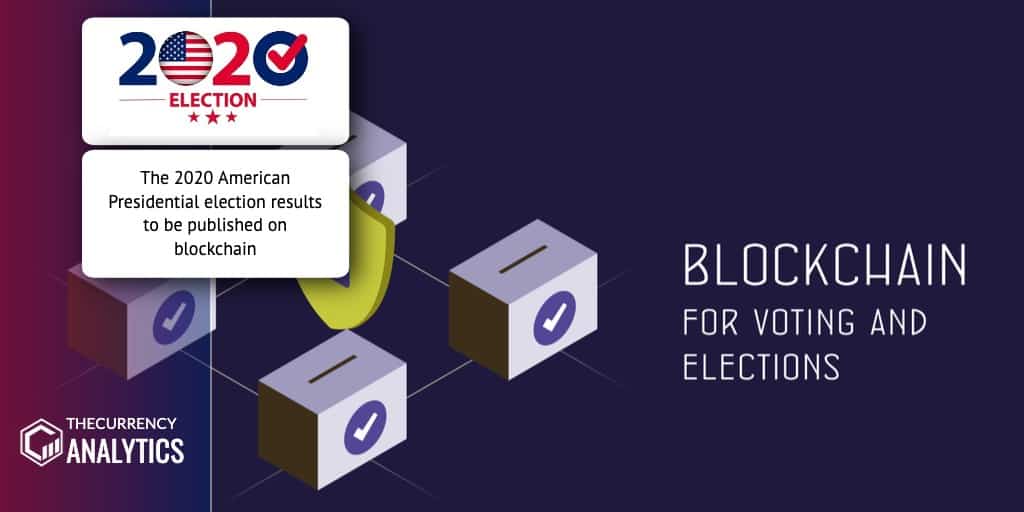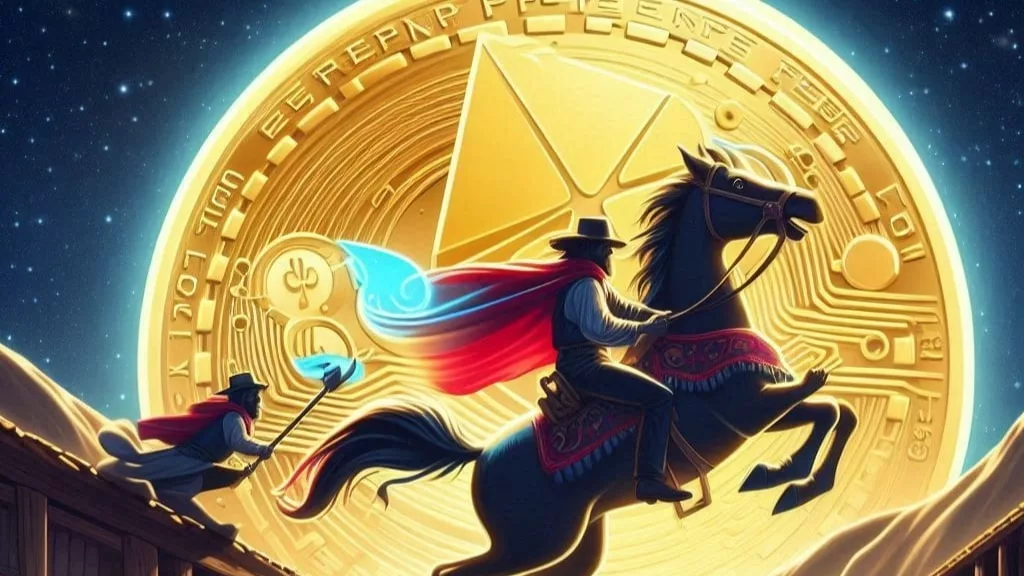
Blockchains are no longer limited to cryptocurrencies and are fast making headway into the mainstream world of late. We have already known about emerging real-world blockchain use cases in industries like health, finance, real estate etc. but recently this cutting-edge technology has made a glorious entry into the arena of politics too. And here comes the big news – the 2020 American Presidential election results have been announced to be published on blockchain.
The news has been confirmed by leading international news organization Associated Press. The historical organization has been shouldering the responsibility of counting votes as well as declaring results for each US election since the year 1848. In one of the recent press statements, AP had announced about their collaboration Everipedia (blockchain-based encyclopedia) to publish as well as distribute the 2020 election results right onto blockchain, to add on more trust and transparency to the proceedings
To receive the trust and approval of something as esteemed as election results is certainly a milestone victory for a new technology like blockchain. A major reason why blockchain has been chosen for publishing extremely sensitive data like election results is its immutable infrastructure. Being immutable, data injected on blockchain can’t be altered or manipulated. It goes on to ensure a much superior kind of security for the data (compared to traditional data publishing platforms) which is extremely crucial for vulnerable data sets like the upcoming presidential election results.
It’s to note here, blockchain smart contracts are unable to access real-world data given a set of restrictions posed by the underlying protocols of blockchain technology. This is where you need the help of oracles.
Oracles can be defined as a middleware which works to connect on-chain (blockchain) platforms with the off-chain (external world) data. They source off-chain data from various external-world data sources and then feed them into the blockchain.
In light of the above discussion, the blockchain where the election results would be published won’t be able to source the information independently. A leading oracle, namely Chainlink, will be deployed here to feed the data into the blockchain.
Running on the Ethereum network, Chainlink is a decentralized oracle which means it sources data from multiple sources. As a result, it allows easy verification of data authenticity which is hardly possible with centralized oracles as the latter is governed by just one single entity. It’s to note here Chainlink is one of the pioneering names in the world of decentralized oracles today. And with a massive $5 billion+ market cap, Chainlink has been standing tall as the #1 oracle service provider.
Although Chainlink enjoys the numero uno position as the oracle service provider today yet a bunch of emerging oracles are posing a tough competition here. One of the most dominant names here is the Bridge oracle, the first ever dedicated public oracle of leading blockchain network TRON. Akin to Chainlink, Bridge is also a decentralized oracle.
One of the major factors that provide an upper edge to Bridge over Chainlink is its advanced network infrastructure. Ethereum is suffering from poor scalability issues of late which have led to severe network congestion and rocketing gas fees. On the contrary, TRON boasts a more advanced infrastructure and assures much higher scalability as well as lower gas fees. As a result, Bridge will any day provide a superior service than Chainlink.
Bridge has started gaining interest ever since the announcement of its launch. The oracle had a highly successful IEO in September where the entire IEO got sold out in just 6 hours of the launch.



Get the latest Crypto & Blockchain News in your inbox.